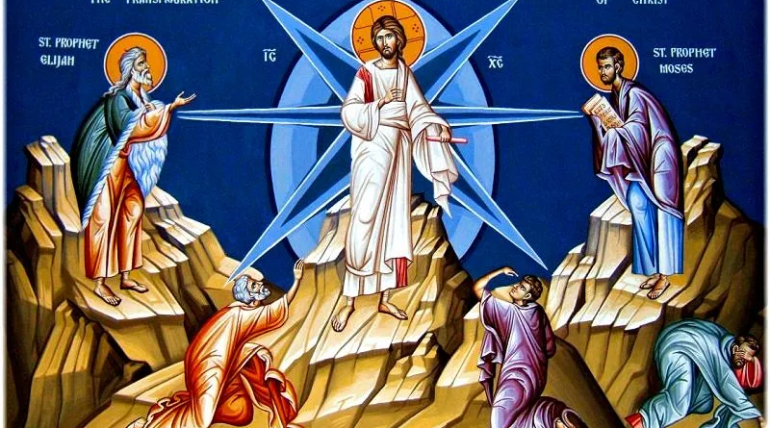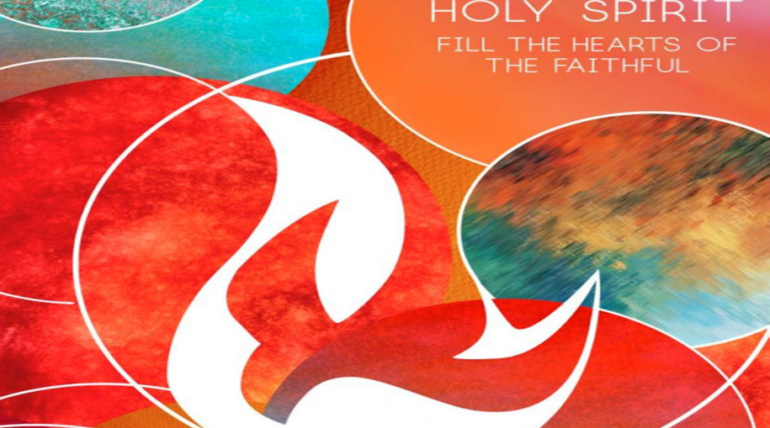SUNDAY YEAR A
This Sunday Jesus invites us once again to consider parables about the kingdom of heaven. Commentators say that Matthew preferred Kingdom of ‘heaven’ rather than Kingdom or Reign of ‘God’ in order to avoid using the divine name. Even today Jews often write ‘G-d’ out of respect for the divine. Mark and Luke used the term Kingdom of God. Parables attempt to tell us that the reign or kingdom of God is very present to us, but hidden in plain sight and in spontaneously human responses. There is a strong element of paradox about Jesus’ parables. We have a tendency to identify an object in the parable as the kingdom itself, like a net or a pearl or good seed etc. I often tried that approach to understanding parables and never got beyond moralising the kingdom Jesus came to proclaim.
The reign of God is about the divine presence in our daily lives – in how we work, pray, buy, sell, love, vote, play and so on. There is something very human and quite ‘secular’ about the kingdom of heaven. Cradle Catholics have been conditioned to seek the kingdom in church services, pilgrimages, prayers, devotions and anything connected to the sacred. Jesus offers another way of looking at the sacredness of life and the world: sowing and harvesting, fishing and sorting out the haul, dealing in pearls and precious stones, buying and selling property. Where is the kingdom of God? Where is God’s presence in all that?
Our world and its people depend for survival on commerce, trade and all kinds of business transactions. All business is risky, whether it’s in fishing, real estate, oil, jewellery, farming or anything else. Jesus used parables, worldly stories often involving risk to open our eyes to the action of the divine. If a windfall comes your way, sell everything you have and go get it. Jesus is the windfall, the treasure hidden in a field, to have which his disciples joyfully gave up everything. Peter, Andrew, James and John took a risk when they left their boats and their nets – their whole livelihood – to follow Jesus. They were happy to make the investment. In the end the Spirit of God led them to a world of love, joy, peace, patience, kindness, goodness, trustfulness, gentleness and self-control – Galatians 5: 22.
It challenges me to consider God in the simplest things, like where Matthew in his gospel tells us that perhaps God’s kingdom isn’t what we think. That something great can be so small, so elusive and so simple baffles belief. It may well be the simplest thing of all, like a momentary breeze hardly felt. We tend to complicate our notions of God. Maybe we are too distracted by a surfeit of rules and religion to notice. Imagine noticing the great and majestic God in something as tiny as a seed destined to die in the soil. Or in the spontaneous relief someone feels when a deal has gone smoothly or a simple promise has been honoured – Matt 13: 44. But that’s the tiny wisp of morning fog we try to grasp.
Fr. QQ – 07/27/2023




